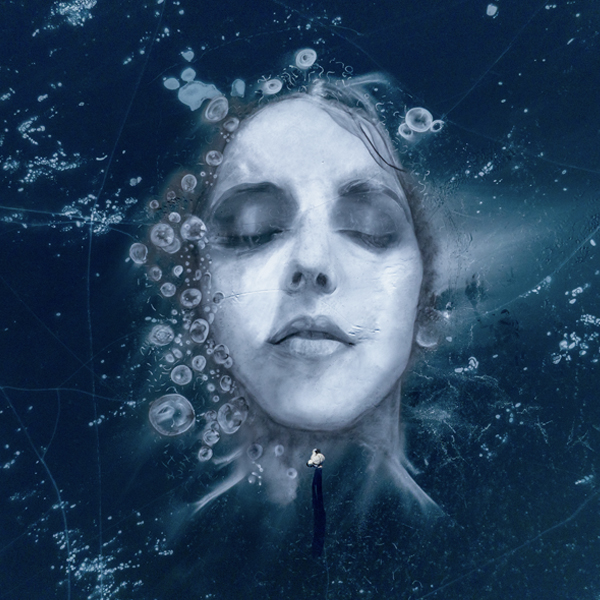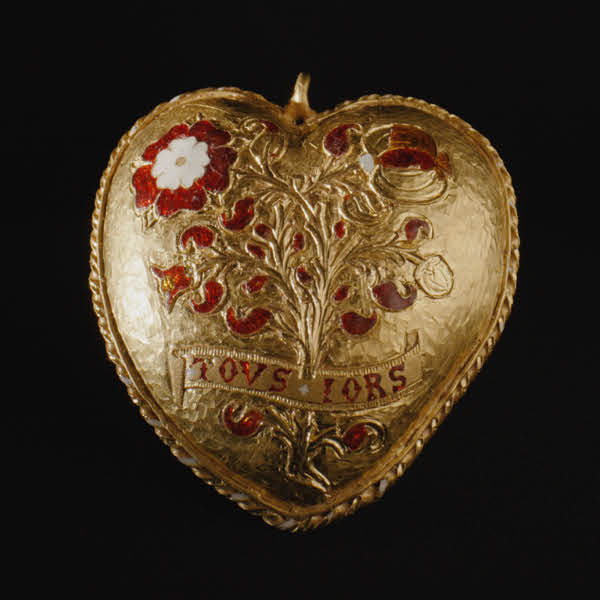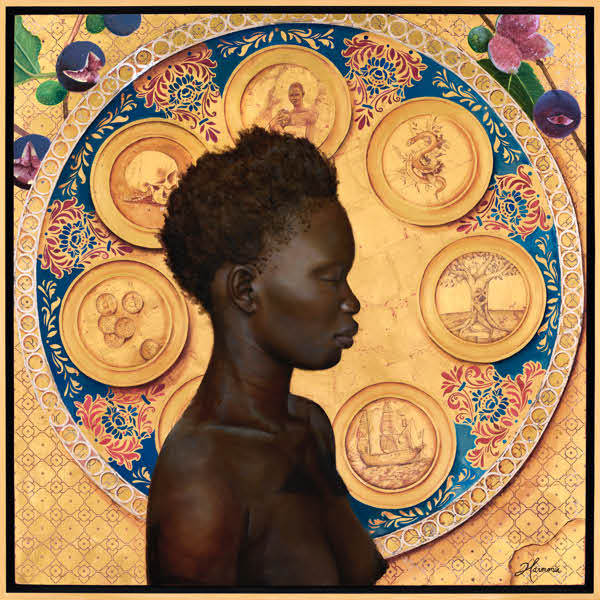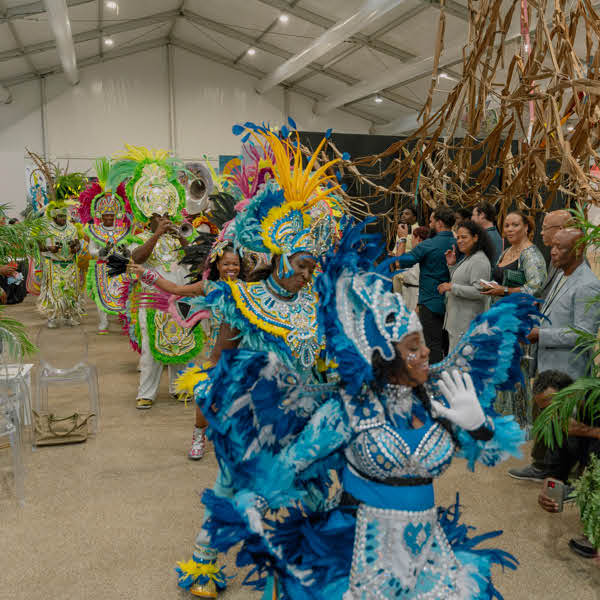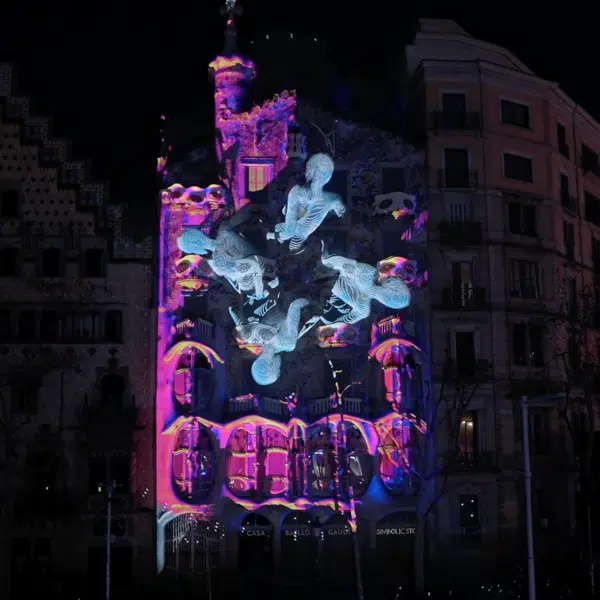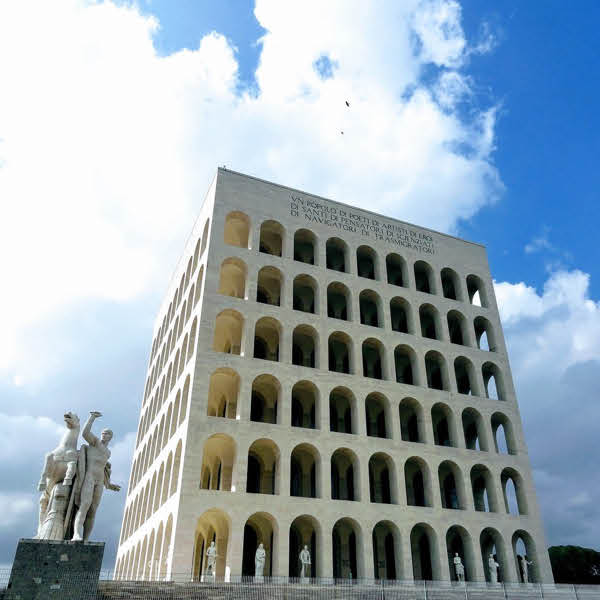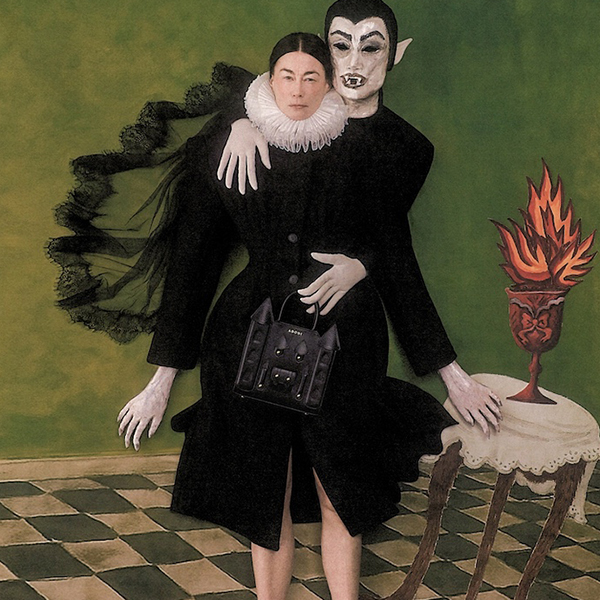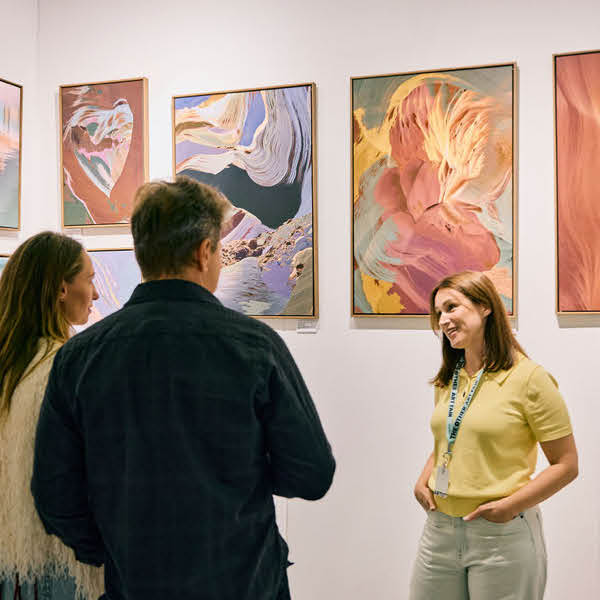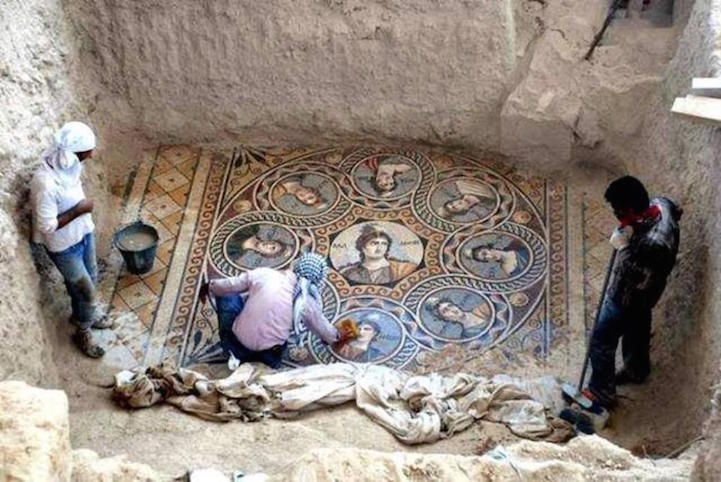
A team of archeologists led by Professor Kutalmis Grkay of Ankara University recently unearthed three ancient Greek mosaics in the Turkish city of Zeugma near the border of Syria. The excavation project, which began in 2007, was spurred on by flooding in the area due to the construction of a dam. Fearing that the ancient treasures of Zeugma would be lost forever, archeologists rushed to excavate, protect, and conserve the relics of the past, including the remarkably intact glass mosaics that date back to the 2nd century BC. Although part of the city is now submerged underwater, excavations continue in the hopes of uncovering more historical artifacts.
According to Grkay, the colorful mosaics were integral parts of homes millennia ago. Depicting various mythological figures such as gods, goddesses, and ancient heroes, the mosaics were installed in a room so that guests could admire them while chatting and drinking. Subject matter was carefully selected according to the function of a room–for example, a bedroom might feature a mosaic that portrayed lovers such as Eros and Telete. Mosaics also reflected the homeowner's tastes and intellectual interests. “They were a product of the patron's imagination. It wasn't like simply choosing from a catalog,” Grkay tells Archaeology.org. “They thought of specific scenes in order to make a specific impression.”
The ancient city of Zeugma has a history that dates back to the 3rd century BC, when it was established as a Greek settlement called Seleucia by Seleucus I Nicator, one of Alexander the Great's commanders. In 64 BC, the Romans conquered and renamed the town “Zeugma,” a word meaning “bridge” or “crossing” in ancient Greek. For several centuries, Zeugma served as one of the most important centers of the Eastern Roman Empire thanks to its geographic location on the border between the Greco-Roman world and the Persian Empire. As the Roman Empire declined, so did Zeugma, until it finally fell in AD 253 when Sassanids from Persia attacked the city. For over a thousand years, the importance and grandeur of the former cultural crossroads was forgotten, until new life began to be breathed into the city thanks to attention from the ongoing excavations.
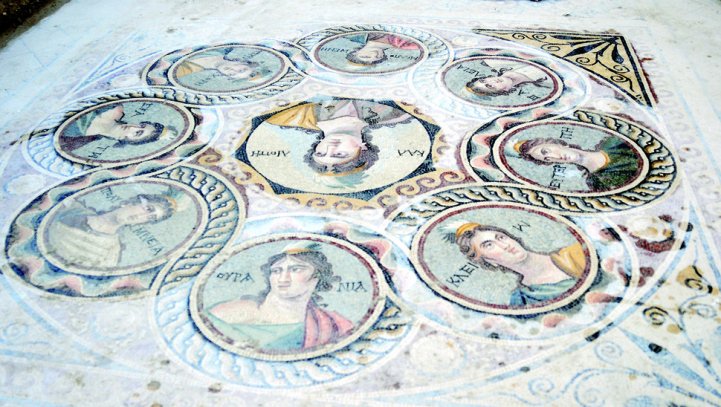 The nine Muses, the goddesses of the inspiration of literature, science and the arts
The nine Muses, the goddesses of the inspiration of literature, science and the arts
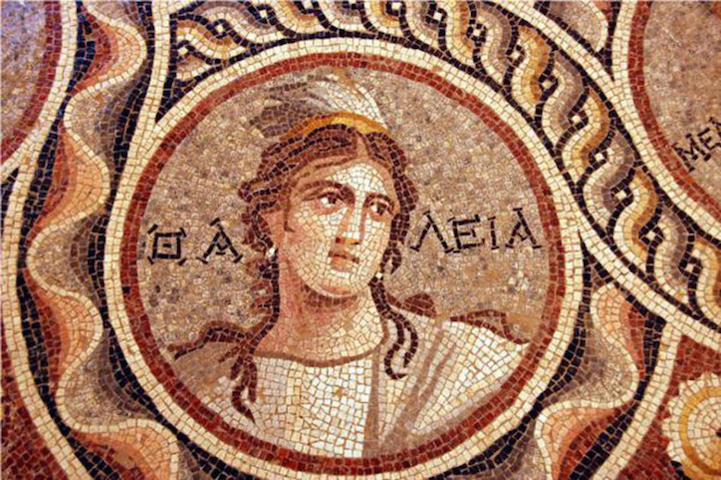 Thalia, the Muse of comedy and idyllic poetry
Thalia, the Muse of comedy and idyllic poetry
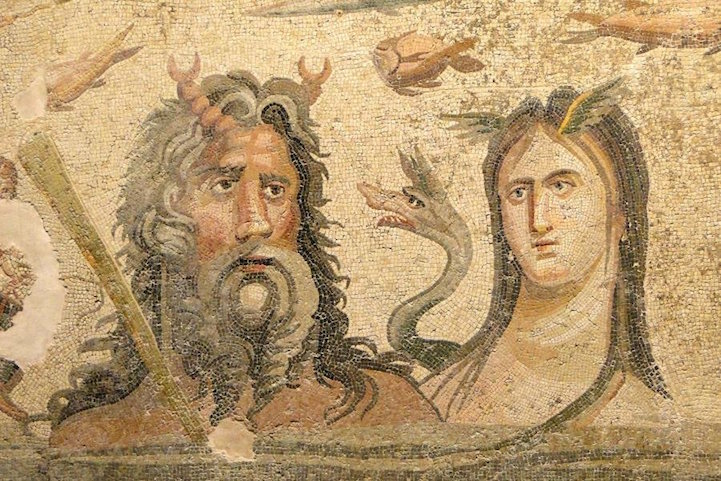 Oceanus, the divine personification of the sea, and his sister/consort Tethys, the embodiment of the waters of the world
Oceanus, the divine personification of the sea, and his sister/consort Tethys, the embodiment of the waters of the world
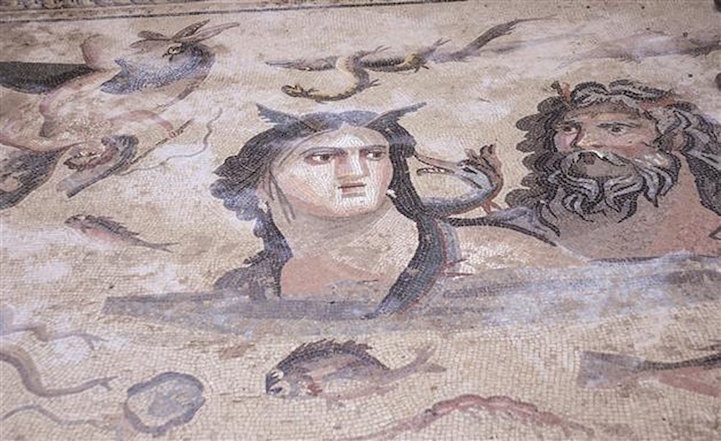 Tethys and Oceanus
Tethys and Oceanus
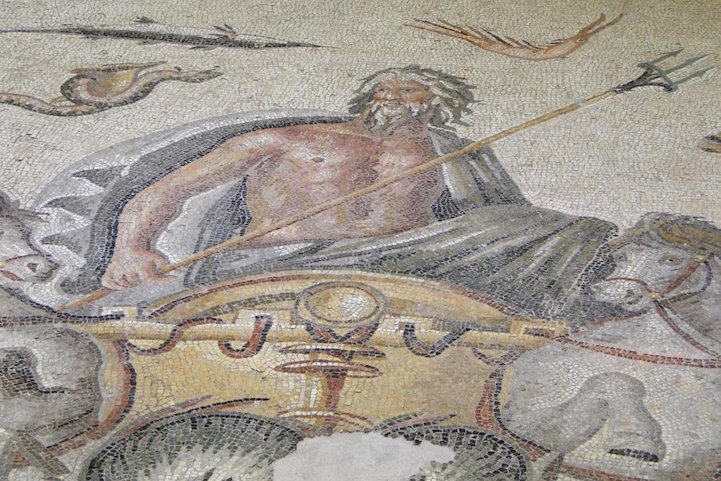 Poseidon, God of the Sea
Poseidon, God of the Sea
via [Distractify], [Laughing Squid], [Hurriyet Daily News], [Greek Reporter], [Message to Eagle], [Archaeology.org], [Reddit]












































































